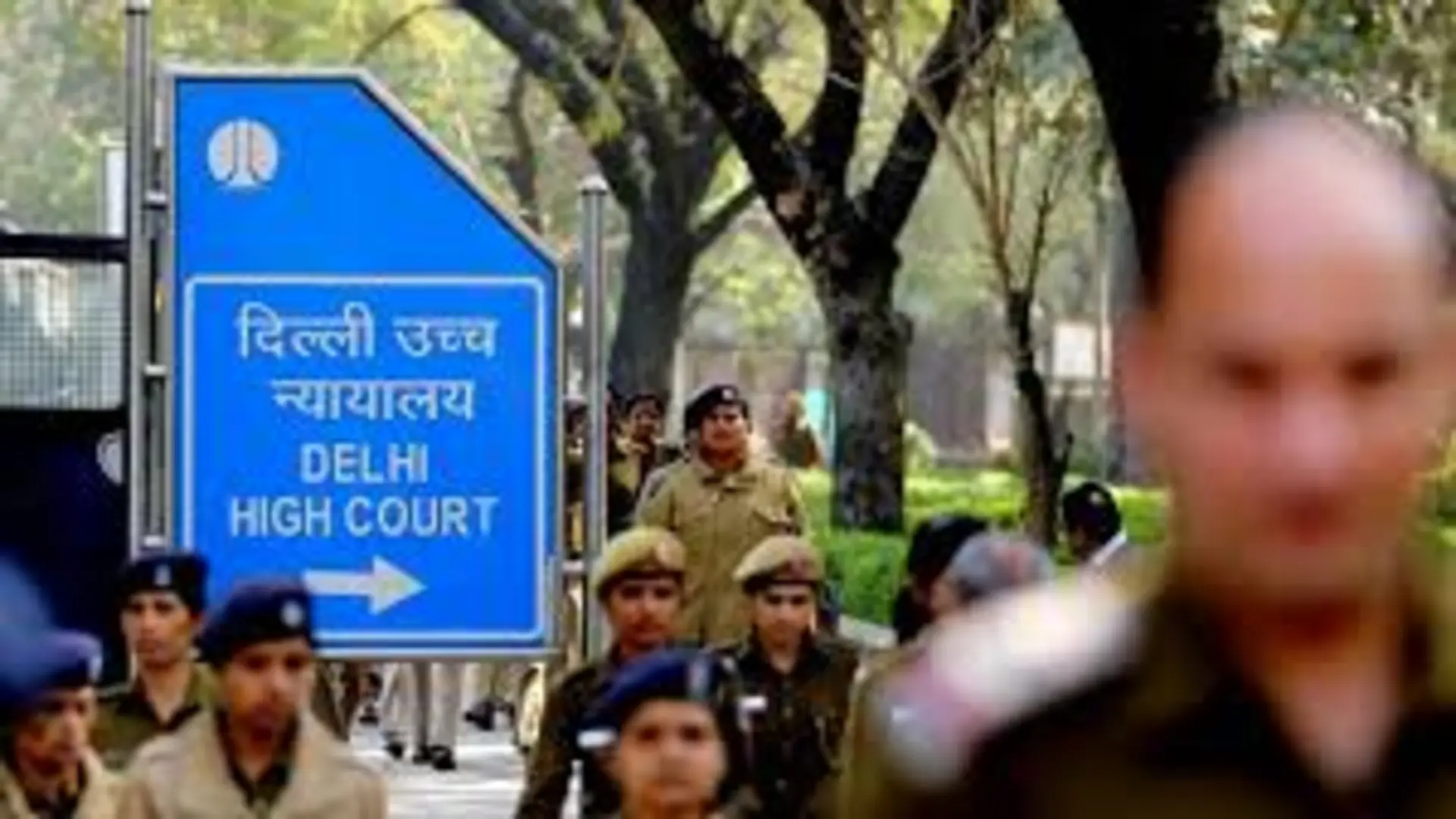Cinematograph Act 1952 establishes Central Board of Film Certification (CBFC), commonly known as the Censor Board. The Board is responsible for issuing certificates to films and has the power to deny their certificate (Section 5A). Section 6(1) of the Act empowered the Central Government to re-examine and cancel the certificate issued by CBFC. Supreme Court in the case of K.M. Shankarappa diluted the provisions of Section 6. The court held that the provisions of Section 6 are restrictive of Article 19(1)(a) of the Constitution.


The new Cinematograph (Amendment) Bill, 2021 attempts to dilute the judgment of the Supreme Court and aims to get back its revisionary powers. This will provide extraordinary powers to the Central Government by creating one more level of Censorship. This year Central Government passed an ordinance, the Tribunals Reforms (Rationalisation and Conditions of Service) Ordinance, 2021 which abolished the Film Certification Appellate Tribunal (FCAT). The proposed bill also aims to convert this ordinance into regular law by placing it in legislation. FCAT was solemnly established to resolve the issues related to the certification of Films. With its abolishment, the filmmakers have to approach High Court in case the Censors Board denies providing certification or provides with some ratification. This will also increase the burden of High Courts. Ultimately, this leading to a delay in a Film release.
Article 19(1)(a) of the constitution says, “All Citizens shall have Right to freedom of Speech and Expression.” Article 19(2) of the Constitution empowers the State to restrict Freedom of Speech and Expression provided that the restrictions are legitimate. Supreme Court in K.M. Shankarappa v. Union of India held, “words contained in the main portion of Sub-section (1) of Section 6 of the Act and in the first proviso thereto are opposed to the basic structures of the Constitution and as such the words “or has been decided by” and “or as the case may be decided by the Tribunal” contained in the main portion of Sub-section (1) of Section 6 and the words “or to whom a certificate has been granted as the case may be” as contained in the first proviso to Section 6(1) of the Act, are unconstitutional as the same are violative of the basic structures of the Constitution.”Supreme Court in many of its Judgments has discussed the importance of Movies as a medium of Freedom of Speech and Expression. Supreme Court in the Rangarajan case regarded Movies as an effective medium to raise any general concern.The proposed amendment is an attempt to overutilize the powers provided under Article 19(2) of the Constitution.
If the bill becomes an act then it will nullify the Supreme Court Judgment. The autonomy of the Censor Board will be deduced. The Central Government will have the power to strike down any certificate issued by CBFC. This also induces the concept of dual Censorship, limiting the Freedom of Speech and Expression. Justice Mudholkar in Sakal v. Union of India rightly said, “The freedom of speech and expression of opinion is of paramount importance under a democratic Constitution which envisages changes in the composition of legislatures and governments and must be preserved.” The abolishment of FCAT will further increase the backlog of High Courts and will lead to an unnecessary delay in the release of Films.























